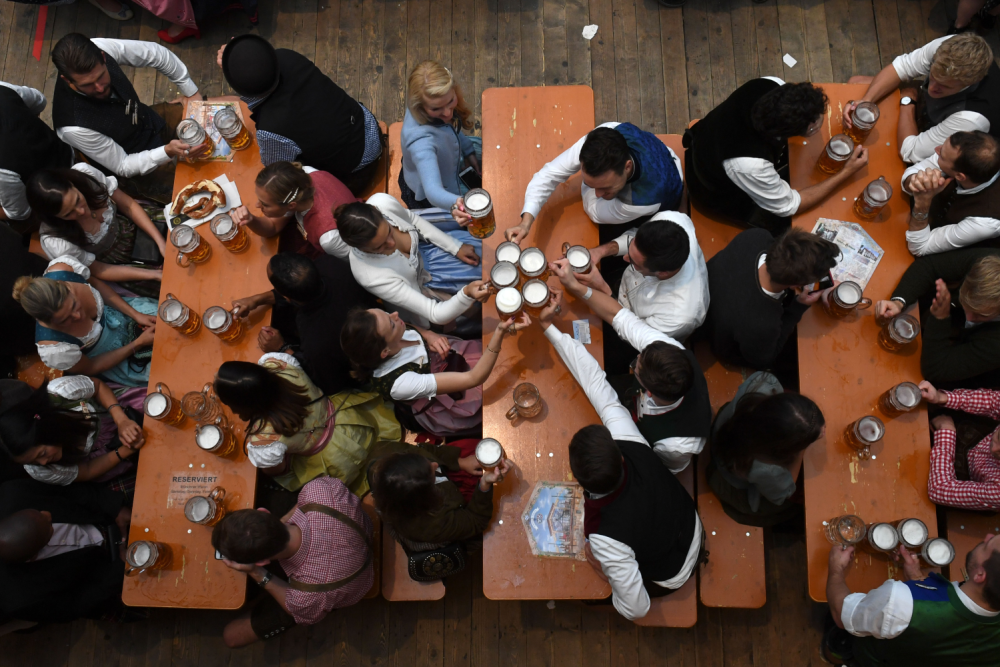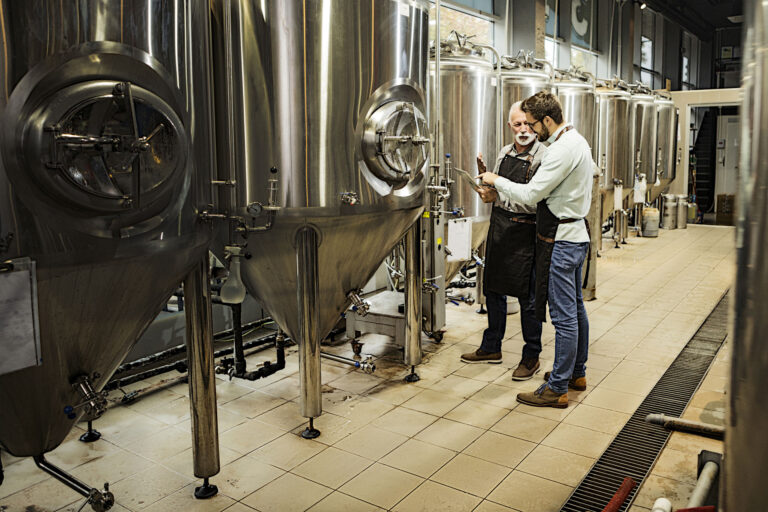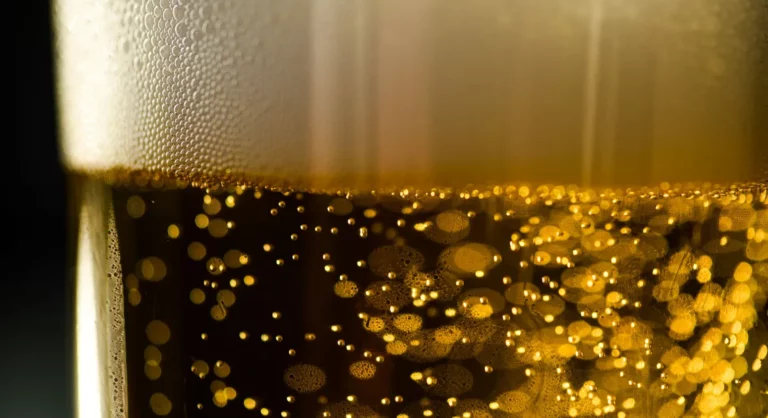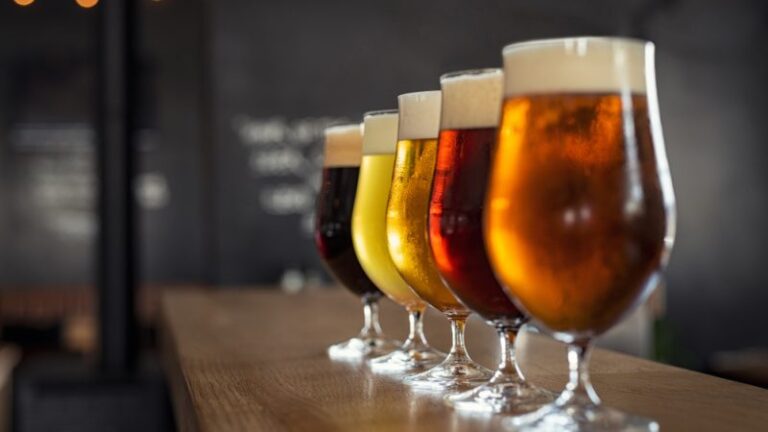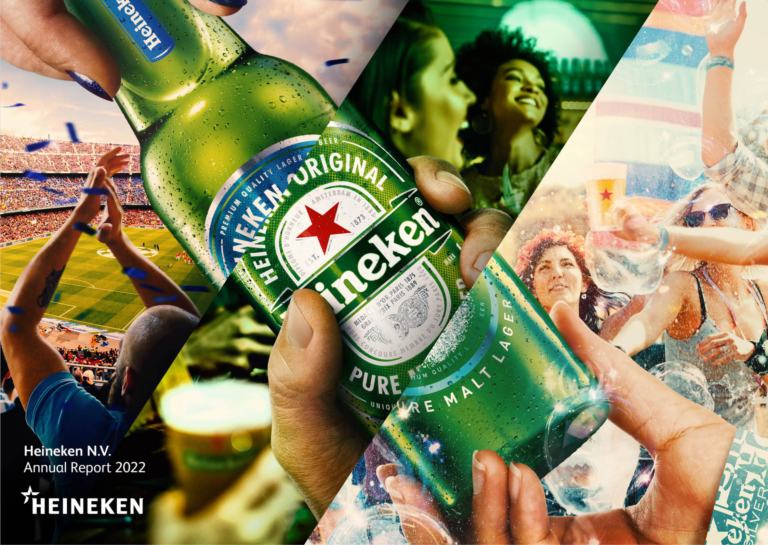Prohibitionism is perhaps the most consistently misunderstood topic in global history. Just the word “temperance” evokes images of puritanical busybodies brow-beating drunkards. Generations of historians have followed the claim of Richard Hofstadter’s Pulitzer Prize-winning book, The Age of Reform, that said temperance was a uniquely American, conservative culture clash “linked not merely to an aversion to drunkenness and to the evils that accompanied it, but to the immigrant drinking masses [that was] carried about America by the rural-evangelical virus.”
But Hofstadter’s cultural politics interpretation makes no sense. There was no “Great Awakening” of conservative Protestantism in early 20th century America. Just the opposite, in fact. And that the 18th (Prohibition) Amendment was ratified in record speed in 1919—not just by rural Midwesterners but by 46 of 48 states, north and south, inland and coastal—blows up the country bumpkin explanation. The United States wasn’t at all exceptional in enacting prohibition but was one of a dozen countries to do so. If you take a global view, the crowning achievement of prohibitionism came at the height of the Progressive Era because it was a radically progressive, rather than reactionary, reform.
As I find in my new book, Smashing the Liquor Machine: A Global History of Prohibition, one word is key to truly understanding prohibitionism: traffic. Prohibitionists didn’t oppose the actual liquor in the bottle nor the drunkard; instead, they consistently railed against “liquor traffic”: predatory capitalists who trafficked in highly addictive substances and then drained their customers (and their families) dry, all for immense personal profit. Temperance of yesteryear was the forerunner of opposition to Big Pharma amid the opioid epidemic of today. The prohibition movement played a critical role in shaping the priorities of socialism. Indeed, predatory liquor traffic was an issue of central concern to the socialist movement, both around the world and in the United States, from its very inception.
In The Condition of the Working Class in England, socialist Karl Marx’s closest collaborator, Friedrich Engels, vividly depicted the disease-ridden urban slums of Industrial Revolution Manchester and Liverpool, England. Drunks face down in the muddy gutter, addicts stepping over them to pawn their last possessions for more to drink: That English workers “drink heavily is to be expected,” Engels wrote.
“Drink is the curse of the working classes” became a standard Marxist slogan. It was true.
Whether in Britain, Marx and Engels’s native Germany, or across industrializing Europe, the battle lines of both class and alcohol were drawn between lighter, fermented beverages and stronger distilled spirits.
Beer was a city drink. Before modern bottling technology, it spoiled easily and couldn’t be transported far. So every industrializing city boasted local breweries to slake the thirst of its urban workers. Fermented brews were considered necessary, respectable, and even healthy. In Ireland, Guinness was even promoted as a “temperance drink.”
Far more problematic were distilled liquors—whiskeys, gins, brandies, schnapps, and vodkas, depending on your country—all products of the modern industrial age, with a mind-blasting potency that put traditional brews to shame. Industrial distillates did not spoil, could be easily trafficked, and were highly concentrated and immensely profitable. An aristocratic landowner could take a few pennies’ worth of grain, water, and peasant labor and turn it into a highly addictive and profitable substance. Consequently, whether in Britain or on the continent’s mainland, distillers tended to be conservative rural aristocracy—such as the Junkers of East Prussia—who profited immensely by addicting the irredeemable gutter drunks of the lumpenproletariat uninterested in class revolution.
For socialists, it wasn’t class revolution but the so-called Schnapps Revolution of the 1830s that drove the point home. The conservative Junker aristocracy flooded Germany with cheap schnapps, making drunks out of once productive farmers and workers. Between 1806 and 1831, per capita consumption of distilled spirits in Germany tripled. “The drunkenness that had once cost three or four times as much was now readily available every day, even to the very poor,” Engels wrote. “A man could stay drunk all week for just 15 silver groschens.”
Once jovial communal celebrations devolved into drunken riots under the influence of distilled liquors. Murder, other crimes, and arson all increased. Families were cast into poverty, all for the added profit of wealthy noble landowners. “The only industry that has produced more devastating effects is the Anglo-Indian opium trade for the poisoning of China,” Engels wrote, noting even that “was aimed against far-off strangers, not its own people.” The profit-for-poison dynamics were the same.
For Marx, Engels, and generations of Marxists to follow, drunkenness and destitution were the products of profit-minded capitalists who cared nothing for the worker. What’s more, in a world before modern corporate and income taxes, liquor taxes were the single largest source of government revenue: 26 percent of all state income in tsarist Russia, 25 percent in the United States, 23 percent in Britain, 20 percent in the German Empire, 15 percent in Sweden and Belgium, 11 percent in France and Norway, and 9 percent in Switzerland and the Austro-Hungarian Empire. Consequently, every state had a financial interest in furthering the drunkenness of its own people. The state’s vested interest in exploiting its people was the fundamental challenge confronting socialists and temperance activists alike.
Emile Vandervelde, leader of the Belgian Labour Party, embodied social democratic temperance, becoming the first avowedly socialist government minister anywhere in world history in 1914. Vandervelde successively served as Belgium’s minister of state, justice minister, health minister, and minister of foreign affairs as well as helped negotiate the Treaty of Versailles. More importantly, Vandervelde was president of the Second International—a collaborative network of European socialist parties that gathered to debate issues and national strategies—from 1900 to 1918, and its successor, the Labour and Socialist International, until his death in 1938.
“Vandervelde is essentially a socialist leader,” the prohibitionist Anti-Saloon League said to introduce him to its U.S. readership: “Not a revolutionary, but an evolutionist. He desires not only the economic liberation of the worker but also his cultural and moral development. … So naturally his attention was drawn to the alcohol question.” Like most social democrats, he wasn’t interested in barricades and violence but leveraging workers’ strikes to demand suffrage for both men and women, so the people could democratically vote for policies to improve the workers’ lot.
At the 1905 International Congress Against Alcoholism in Budapest, Vandervelde proclaimed that “the Social Democrat cannot be either disinterested in the alcohol question or confine himself to a more or less benevolent neutrality toward those who are working for temperance or abstinence in the labor organizations.” If socialists were to strike a blow against predatory capitalism, they should certainly focus on this—the most predatory of trades—in which saloon-keepers and liquor manufacturers reaped ever-greater profits at the workers’ expense.
Although there was widespread agreement among European socialists that temperance was necessary—not only for the sake of clear-headed revolutionary discipline but to undercut the financial foundations of the bourgeois state—there was dramatic disagreement as to tactics. So, by unanimous assent, the liquor question was placed on the agenda for the International Socialist Congress to be held in Vienna in 1914.
By then, the Swedish Social Democratic Party already had prohibition written into its party platform, even against the wishes of its accommodationist leader (and future first socialist head of state) Hjalmar Branting. The Dutch embraced local-option voting. The Finnish and Norwegian delegations demanded total abstinence from their members. The British—with their own temperance roots in the 1830s’ so-called teetotal Chartism—focused more on retail sale restrictions. The German Social Democratic Party had recently called for a nationwide boycott against the Junkers’ rotgut schnapps but not the workers’ beer, which was funding the militarization of the German state. Meanwhile, Soviet leader Vladimir Lenin was busy denouncing the tsar’s exploitative vodka monopoly
The Second International’s 1914 report began with the standard fare that “social and intellectual uplift is the first condition for successfully fighting against the alcohol danger.” If the workers got an eight-hour workday and better wages, they were less likely to drown their sorrows in booze. Outright prohibition, however, could only be successful once the economic and social uplift of the workers had been achieved; otherwise they’d seek out ether, morphine, opium, hashish, cocaine, or other highs.
“Governments and capitalists alike are interested in furthering the excessive use of alcohol,” the report continued, noting each state’s overreliance on liquor revenues. “Any decrease in liquor consumption would compel the state to increase taxes on something else, the burden of which would probably not be borne by the poorer classes, as the drink duties are.” The report concluded: “The emancipation of the working classes from the yoke of alcohol must therefore be the task of the working classes alone.”
Vandervelde’s report suggested reaching across partisan and denominational lines to established temperance organizations—especially the International Organisation of Good Templars (IOGT), which was “founded on the basis of absolute political, philosophical, and religious neutrality.” The IOGT lodge Vandervelde helped form in Brussels met in the same “people’s hall” as the International Socialist Bureau.
“To speak frankly,” Vandervelde said, there’s “no real difference between the moderate use of fermented beer or wine and the complete abstinence from alcohol.” It was, after all, the highly potent, highly profitable distilled liquors that were the real problem, not beer. “If, therefore, we advocate total abstinence, it is less in the interest for those who abstain then of those who abuse—less about individual hygiene than social propaganda.” Socialists, then, should lead the workers by benevolent example. “Let us be tolerant, then for others, but let us be strict for ourselves,” so that the working class as a whole will learn and “grow in dignity and power, and escape the tyranny of alcohol.”
In the end, Vandervelde encouraged the international workers’ movement to raise awareness of the dangers of alcoholism; lead by example; work to “suppress all traffic in strong drinks, or at least spirits;” and “though legislation, combat alcoholic capitalism in all its forms.” Of course, specific policies—from limiting hours of retail sale to complete prohibition—would vary from one country to another based on local conditions. “But everywhere the labor and socialist parties must put themselves in the front rank of those who wish the workers to be freed from the domination of the producers and retailers of alcohol.”
It was both a rousing and pragmatic call to confront predatory liquor traffic in defense of the people’s health, productivity, and well-being.
Or at least it would have been. The Vienna conference was scheduled for Aug. 23 to Aug. 29, 1914. On Aug. 3, the German Empire invaded Belgium en route to France, in turn drawing the British into a full-blown European war. The Vienna convention was canceled. Despite Vandervelde’s calls for peace and unity against imperial militarism, one socialist party after another fell to patriotism and lined up to support their own national governments and armies. Imperial Russia, Norway, and Vandervelde’s own Belgium adopted prohibition as wartime discipline and conservation measures while every other European power increased wartime restrictions on their own liquor trades out of fear workers would otherwise slink away to the bar rather than the factory floor
Following the war, the Belgian government passed “Vandervelde’s Law,” restricting the sale of gin and distilled liquors for on-site consumption in bars and cafes while allowing Belgium’s Trappist brewing traditions to thrive. The idea was to discourage the working poor from the most powerful and addictive substances to prevent exploitation by capitalist distillers.
In many ways, it worked! The 12.5 liters of halfpenny gin Belgians swilled per capita in 1900 is today less than a quarter of that rate; at the same time, Belgian beers have become internationally renowned for their high quality. Against the backdrop of the United States’ disastrous experiment with prohibition in the 1920s, Vandervelde himself noted with great satisfaction that drunkenness, crime, and alcohol-related mortality and medical disorders had all declined dramatically in Belgium, all without black markets, bootleggers, and scofflaws the United States experienced. Similar outcomes could be found in postwar Sweden under Branting and his Social Democrats, who opted for a system of strict liquor control.
Indeed, although largely overshadowed by the United States’ prohibition foibles, social democratic temperance was instrumental in transforming drinking patterns across Europe—perhaps nowhere more so than in Germany. In his influential Die Neue Zeit (“The New Times”), renowned Marxist philosopher Karl Kautsky penned a series of articles on the Alkoholfrage or “alcohol question,” explaining that not only the type of alcohol consumed but “so has the way to drink changed as a result of the revolution in the conditions of production.” The danger to the working classes came not from the respectable beer hall—where workers could congregate away from the state’s prying eyes—but from exploitation through the potent schnapps manufactured by the Junker aristocracy.
When, in 1909, the German government raised taxes on alcohol to fund their military buildup, German workers responded with the so-called Bierkrieg—or Beer War—of 1909. Angry protests rocked Frankfurt, Dortmund, Essen, Leipzig, and Breslau, Germany, as organized workers vowed to not drink beer at the higher prices. In many places, local governments relented. Seizing the momentum, the Social Democratic Party announced a nationwide boycott of the Junkers’ rotgut schnapps to overwhelming approval. In doing so—the socialist daily Vorwärts explained—the socialists would strike at the heart of Junker power, undermine the government’s militarization, and deliver “the proletariat’s liberation from chains of its own making.”
In the first five months of the Schnapsboykott, consumption of distilled spirits dropped by 31 percent, accelerating Germany’s transition from a predominantly spirits-drinking nation like Russia to a largely beer-drinking one like Belgium. Indeed, in the 50 years before World War I, German beer consumption more than doubled, whereas consumption of schnapps and other German hard liquors was cut in half—largely thanks to the activism of Germany’s temperate social democratic movement.
Today, beer seems as inseparable to German national identity as it is to the Belgians. And as the harvest season is soon upon us, if you find yourself celebrating Oktoberfest with friends and family in a festive, Munich-style biergarten or enjoying a fine Belgian dubbel—rather than tossing back a few lonely shots in a dim and dingy Schnapshölle—perhaps raise a toast to the temperance movement championed by Europe’s social democrats, who made it all possible.

